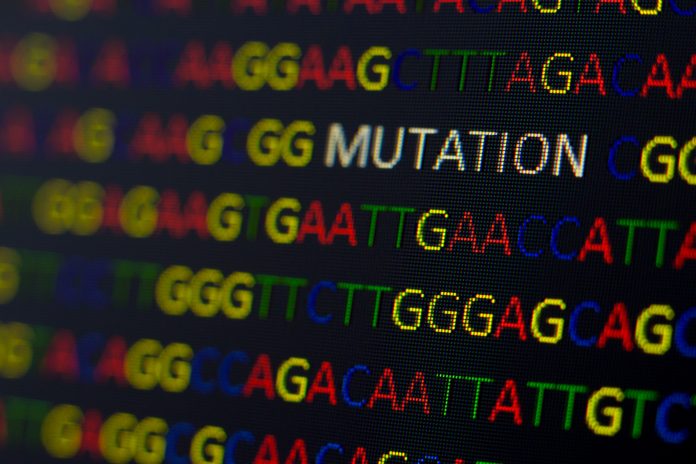
Researchers at the University of California, Irvine (UCI), have uncovered the significant roles of two enzymes, APOBEC3A and APOBEC3B, in creating mutations within cancer genomes, opening up new avenues for developing targeted intervention strategies in cancer treatment.
Reporting in Nature Communications, the study highlights how these enzymes modify the DNA in tumor cells, leading to mutations associated with a worse prognosis for patients.
“It’s critical to understand how cancer cells accumulate mutations leading to hot spots that contribute to disease progression, drug resistance and metastasis,” said Rémi Buisson, the study’s corresponding author and an assistant professor of biological chemistry at UCI.
“Both APOBEC3A and APOBEC3B were known to generate mutations in many kinds of tumors, but until now we did not know how to identify the specific type caused by each. This finding will allow us to develop novel therapies to suppress mutation formation by directly targeting each enzyme accordingly.”
For their research, the team used a novel method to characterize the DNA sequences targeted by the enzymes, discovering that APOBEC3A and APOBEC3B do not recognize the same DNA sequences and structures within cancer genomes—a revelation that could lead to more personalized treatments.
The enzymes in question are known for their role in catalyzing the conversion of cytosine to uracil bases in the DNA—a process that can lead to harmful mutations in cells. Interestingly, in the experiments APOBEC3A showed a preference for single-stranded DNAs, especially those forming stem-loop secondary structures, while APOBEC3B selectively targeted distinct DNA stem-loop structures.
The study introduces “Oligo-seq,” an in vitro sequencing-based method that identifies specific sequence contexts that promote APOBEC3A and APOBEC3B activity. Using this method, the researchers were able to demonstrate that the base-conversion activity of these enzymes is highly influenced by the sequences surrounding the targeted base, as well as the structural features of APOBEC3B and APOBEC3A responsible for their substrate preferences.
The researchers believe, that the discovery that APOBEC3A and APOBEC3B generate distinct mutation landscapes in cancer genomes based on their unique substrate selectivity has vast implications, paving the way for developing novel therapies that could prevent these mutations from forming, potentially suppressing tumor evolution and improving patient outcomes.
“The next steps are to investigate whether mutations caused by these enzymes lead to various types of therapy resistance. It’s also critical to identify molecules that inhibit APOBEC3A and APOBEC3B to prevent mutations from forming,” Buisson explained, offering hope for more effective cancer therapies that can suppress mutation formation and, consequently, slow disease progression.